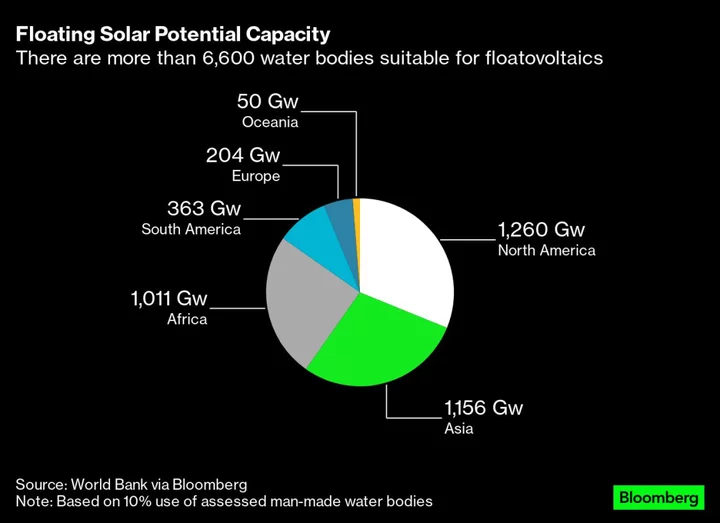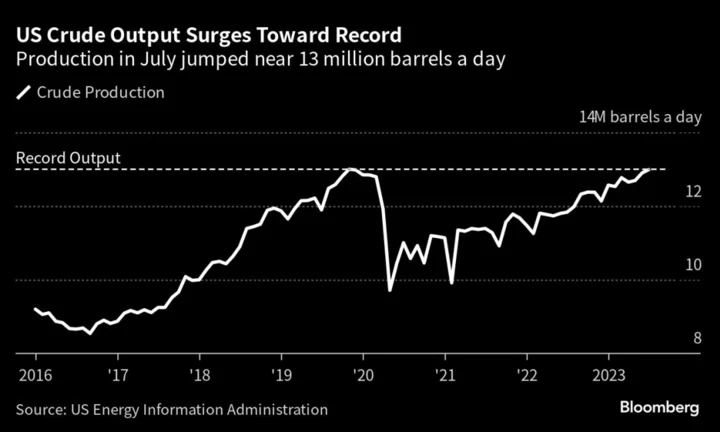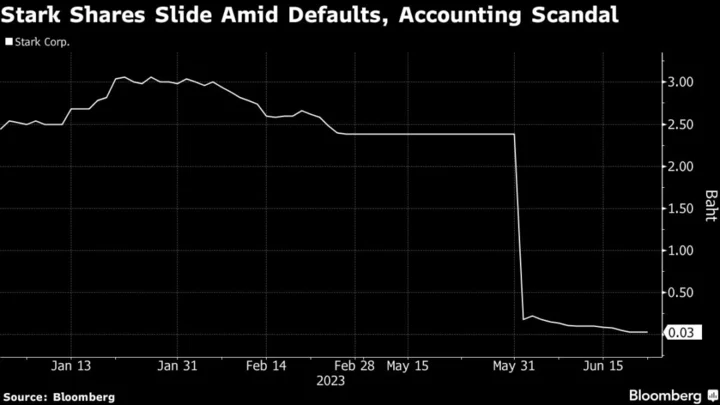Vietnam passed a resolution to align the tax on corporate earnings to meet the 15% global minimum levy on multinational companies aimed at stopping a race-to-the-bottom competition among countries to lure investors.
About 94% of delegates in the National Assembly voted for the resolution, according to the legislature. While Vietnam currently taxes corporate income at 20%, a finance ministry report Nov. 2 showed the effective rate can be as low as 10% for large international firms when factoring in tax holidays and rebates.
The new tax rule will “demonstrate progress and transparency of the country’s tax management system and bring its investment environment closer to international standards,” the finance ministry said in a separate report to the legislature.
The new regime will come into effect in January, in line with the standardized global minimum tax agreed upon by nearly 140 countries in 2021. US Treasury Secretary Janet Yellen helped broker the levy meant to stop companies from moving operations to low-tax havens.
Vietnam, however, is considering ways to offset the added tax burden on corporations to maintain the nation’s appeal to multinational companies. Proposals include government financial support for companies in high-tech manufacturing and research and development activities paid directly to firms or as tax deductions.
The parliament requested the government to work on a plan to establish a fund with money from the global minimum tax revenue and other sources to help companies in an attempt “to stabilize the investment environment and to attract strategic investors, multinational corporations and support domestic businesses in areas needed,” the legislature said in a statement on its website after Wednesday’s vote.
Vietnam’s finance ministry estimated that about 122 foreign companies investing in Vietnam — including Apple Inc.’s suppliers and Samsung Electronics Co. — will potentially be affected by the global minimum tax agreement. About 14.6 trillion dong ($602.3 million) will be added next year to state tax revenue if it’s imposed from 2024, according to a separate parliament document.
--With assistance from Nguyen Xuan Quynh.









